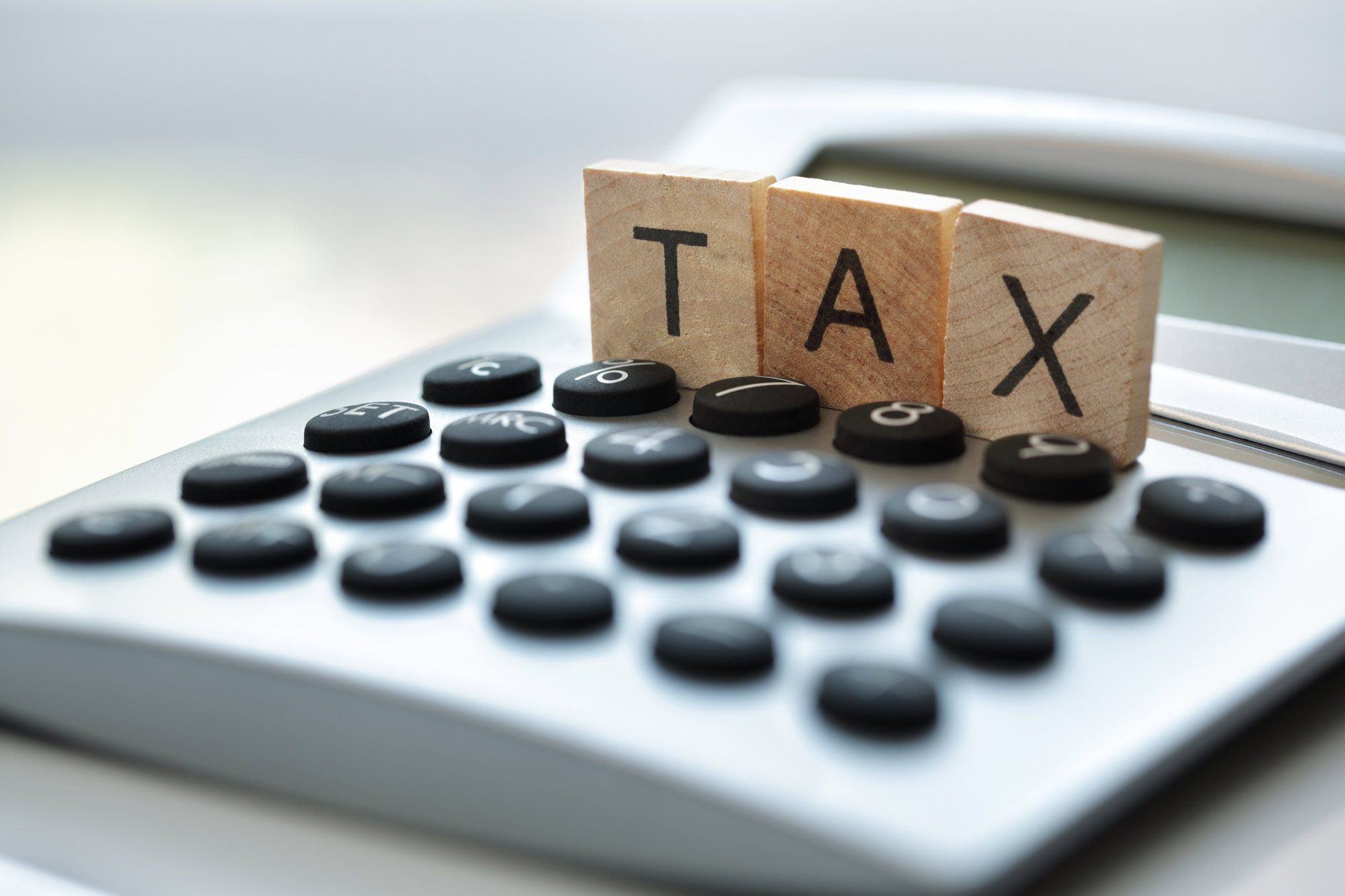This content is for information and educational purposes only. It should not be taken as financial advice or investment advice. To receive tailored, regulated financial advice regarding your affairs please consult us here at Hanson Financial Services (financial advice in Liverpool).
Taxes are necessary to help society function. Where would the NHS be without people paying national insurance, for instance? Yet it is also true that many people pay more in tax than they really need to. Over a lifetime, poor tax planning can amount to £10,000s – enough to maybe affect your quality of life in retirement, and possibly even now.
In this guide, our financial planning team at Hanson Financial Services offers this round-up of important UK taxes, offering some ideas about how to navigate them effectively. We hope you find this content useful and invite you to please speak with a financial planner if you’d like to discuss your own investments and tax strategy with someone.
Income tax
This is the tax that is levied on your general income, which for most people will focus on their salary. The rate you pay depends largely on your earnings. In 2021-22, you have a tax-free personal allowance of £12,570. After this, the Basic Rate is 20% on income up to £50,270. From here, the Higher Rate is 40% on income up to £150,000 (at which point the Additional Rate kicks in at 45%).
Here, the most important step for employees to take is to check their tax code. If you are on the emergency tax rate, for instance, then you may be taxed more heavily than you ought to be. A quick check of your payslip can reveal this, and it could lead to you claiming money back from HMRC by raising the matter with them.
For those on the Higher Rate, one idea to reduce your tax bill in the short term is to contribute more towards your pension. In 2021-22, you receive tax relief on your contributions equivalent to your highest rate of income tax.
Capital gains tax
For those with investments of any kind, capital gains tax (CGT) will be an important part of your tax plan. Here, you have a yearly CGT allowance of £12,300. Assuming you use this up, rates of CGT depend on your income tax bracket. Basic Rate taxpayers usually pay 10% (or 18% for residential property). For those on the Higher Rate, the amounts are 20% and 28% respectively.
To mitigate a CGT bill, you can consider gradually disposing of assets over multiple tax years to make maximum use of your CGT allowance. Another idea is to make sure you organise your portfolio in the most tax-efficient way from early on. Cryptocurrency investments, for instance, still cannot be held directly within an ISA (where investments are free from CGT). Therefore, holding large gains here as well as large equity gains in a general investment account may not offer the best tax deal if you end up selling large quantities of both in the same tax year.
Dividend tax
Dividends refer to the profits that your company investments pay you as a “thank you” for being a shareholder in their business. In 2021-22 you can generate up to £2,000 in dividends each tax year without dividend tax being applied. After this, again, the rates depend on your income tax bracket. Basic Rate taxpayers pay 7.5% on dividends whilst it is 32.5% at the Higher Rate.
Again, using prudent organisation of your investments will be key to mitigating dividend tax. Any dividends generated within an ISA, for instance, will be tax-free. For some business owners, it can also sometimes make sense to lower your salary in exchange for a higher dividend – since dividend tax is lower than both the Basic and Higher Rates. However, here you need to prepare for the fact that your income will likely vary each month and having a lower salary may impact your ability to get a good mortgage.
Inheritance tax (IHT)
When you die, in 2021-22 inheritance tax is typically levied at 40% on the value of your estate over £325,000. Many people hate this “death tax”, but fortunately there are many legitimate ways to leave more wealth to your loved ones. The first idea is to utilise your main residence nil rate band, which lets you raise your IHT-free threshold by another £175,000 in 2021-22 on the condition that you leave your family home to your direct descendants (e.g. children).
Another idea is to make use of gifts. Each tax year, you can give away up to £3,000 without the amount being counted as part of your estate for IHT purposes. Finally, pensions can also play an important role in IHT planning. In 2021-22, defined contribution pensions – i.e. those which involve building up a “pot of money” – can be passed down to beneficiaries free from IHT when you die. However, if you die after the age of 75, bear in mind that any pension money which your beneficiaries take will be subject to income tax. Make sure you play carefully together to make sure they are not needlessly pushed into a higher tax bracket when they inherit.
Conclusion & invitation
Are you interested in talking to a financial adviser about your pension and tax planning needs? We’d love to assist you here at Hanson Financial Services.
Please contact us to arrange a consultation with our team – free and without obligation – to gain more clarity and peace of mind over your financial plan.
You can call us on:
Liverpool Office: 0151 708 7616
Manchester Office: 0161 401 0991
Chester Office: 01244 960 039
Or email via: [email protected]



